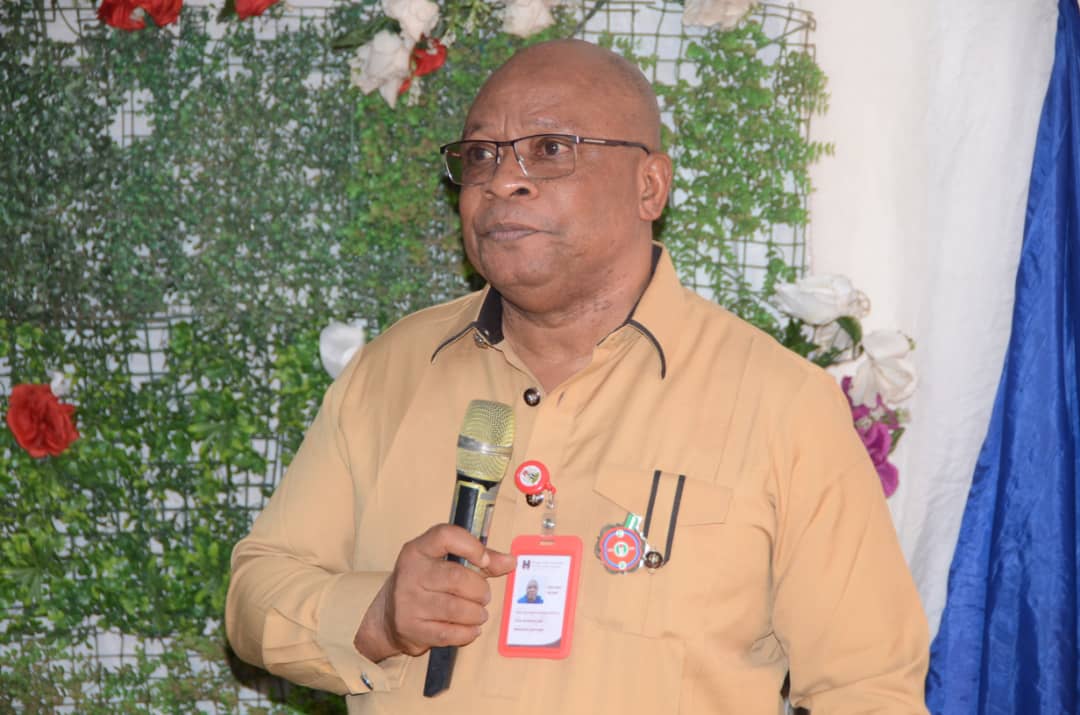A Critical Step in Addressing Insurgency and External Influence
The arrest of Simon Ekpa, a Finland-based dual Finnish-Nigerian citizen and a leading figure in the Indigenous People of Biafra (IPOB), marks a critical turning point in Nigeria’s efforts to address insurgency and separatist violence.
Ekpa, who proclaims himself the Prime Minister of the Biafra Republic Government in Exile, has been directly linked to the armed wing of IPOB, the Eastern Security Network (ESN). The ESN is accused of causing chaos in southeastern Nigeria, including the killing of civilians and security personnel, many of which Ekpa has openly celebrated through his social media platforms.
Ekpa’s Role in Violence and Terrorism: Ekpa has leveraged social media to encourage and glorify violence perpetrated by IPOB’s armed wing, ESN. His posts have included graphic videos of Nigerian security officers being killed, often praising the perpetrators and framing their actions as a form of resistance. These incendiary actions have incited fear and instability, leading to the deaths of civilians, destruction of infrastructure, and targeted attacks on security forces.
This pattern of incitement has made Ekpa a central figure in the violence plaguing southeastern Nigeria, extending the reach of IPOB’s separatist agenda beyond the country’s borders.
International Collaboration Against Transnational Threats
Nigeria’s government, recognizing the significance of Ekpa’s influence, has engaged in sustained diplomatic efforts to curtail his activities. This culminated in Finnish authorities arresting Ekpa on November 21, 2024, alongside four other individuals suspected of inciting violence and terrorism. Detective Chief Inspector Otto Hiltunen confirmed that Ekpa’s activities in Finland had directly contributed to violence against civilians and authorities in southeastern Nigeria.
Finnish authorities have stated that the arrest was the result of international collaboration, highlighting the global implications of Ekpa’s actions. The Nigerian government has expressed its satisfaction with Finland’s response, viewing the move as a significant step toward addressing external influences on domestic security issues.
Extradition: The Next Step: Reports indicate that Ekpa is likely to be extradited to Nigeria to face charges of sponsoring terrorism and inciting violence. The Nigerian military and legal institutions are reportedly working closely with Finnish authorities to ensure that Ekpa is brought to justice in Nigeria. Extraditing Ekpa would represent a major diplomatic win for Nigeria, sending a strong message to other external actors fueling separatist violence that they are not beyond the reach of accountability.
Broad Implications: Ekpa’s arrest underscores the challenges of combating transnational influences on domestic conflicts. It highlights the role of digital platforms in enabling individuals to incite violence from afar and the importance of international cooperation in addressing such challenges.
For Nigeria, this development not only demonstrates the efficacy of its diplomatic strategy but also reinforces its commitment to holding perpetrators accountable. However, the government must seize this opportunity to address the underlying grievances driving the separatist movement, including political marginalization and economic disparities in the South-East region.
Simon Ekpa’s arrest by Finnish authorities, driven by Nigeria’s diplomatic efforts, marks a significant milestone in the fight against separatist violence. The possibility of his extradition to Nigeria signals a broader commitment to ensuring justice for victims and serves as a litmus test for the effectiveness of international partnerships in addressing terrorism and insurgency.
As this case progresses, it will serve as a benchmark for the effectiveness of international collaborations in combating transnational threats while underscoring the need for Nigeria to address the root causes of separatist unrest. The outcome of Ekpa’s trial could redefine strategies for tackling similar challenges in the future.




